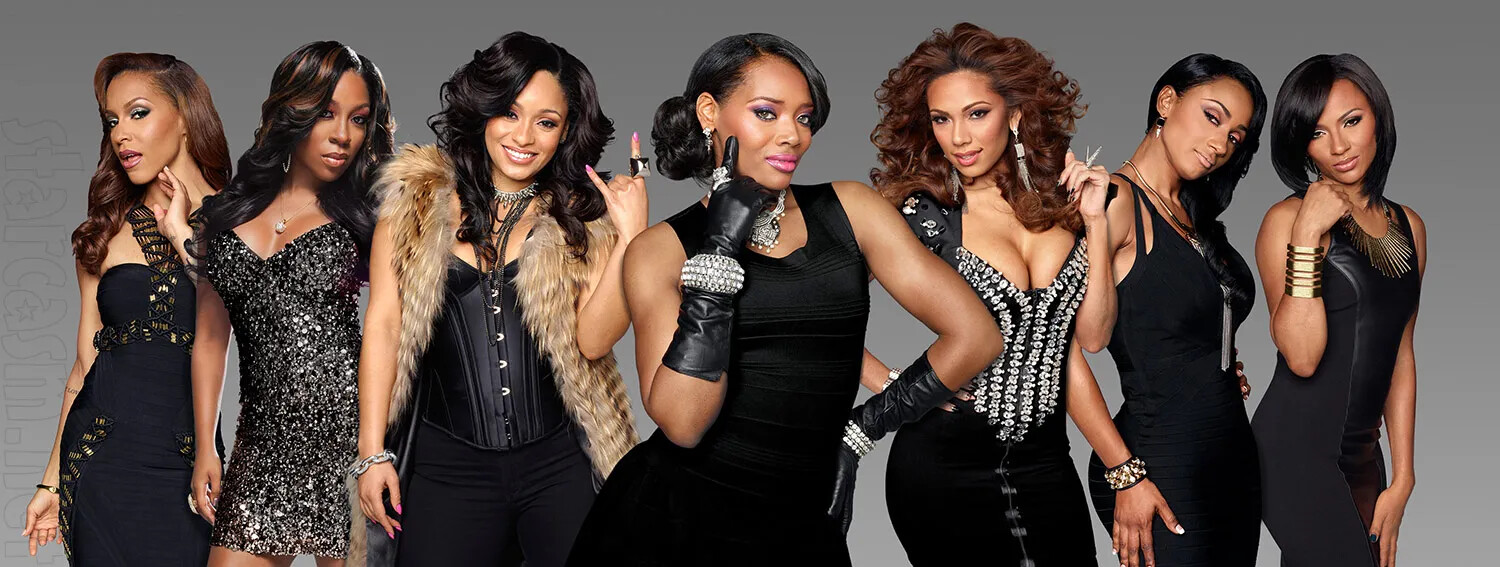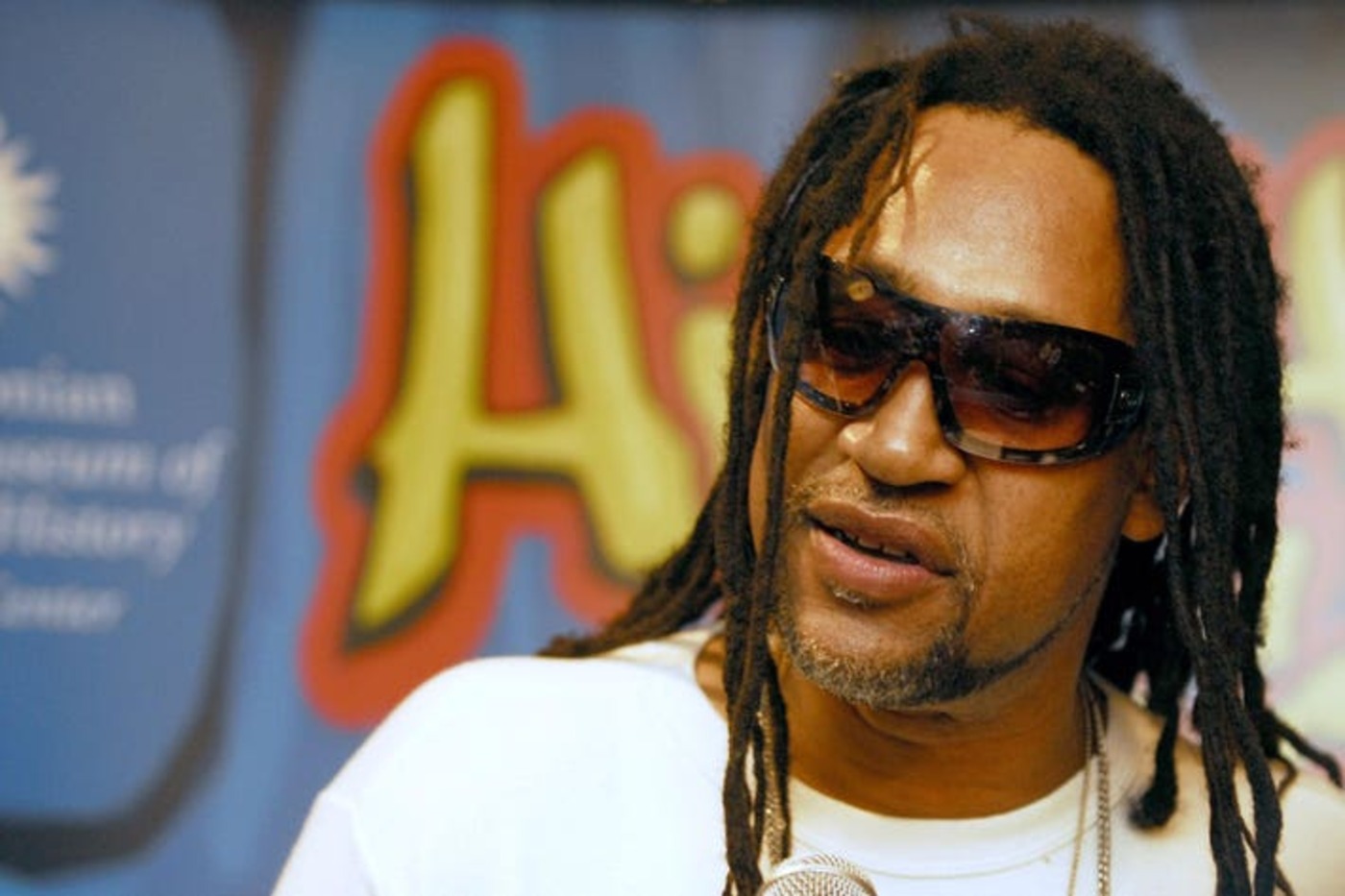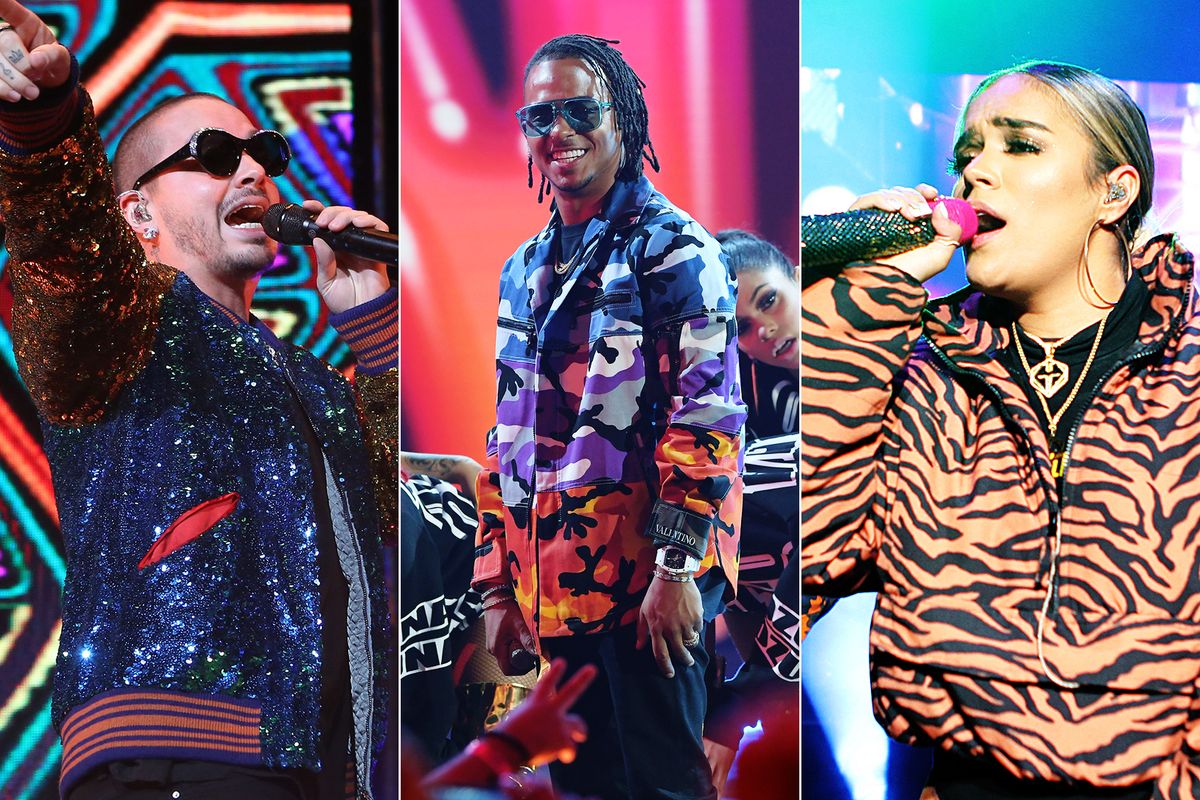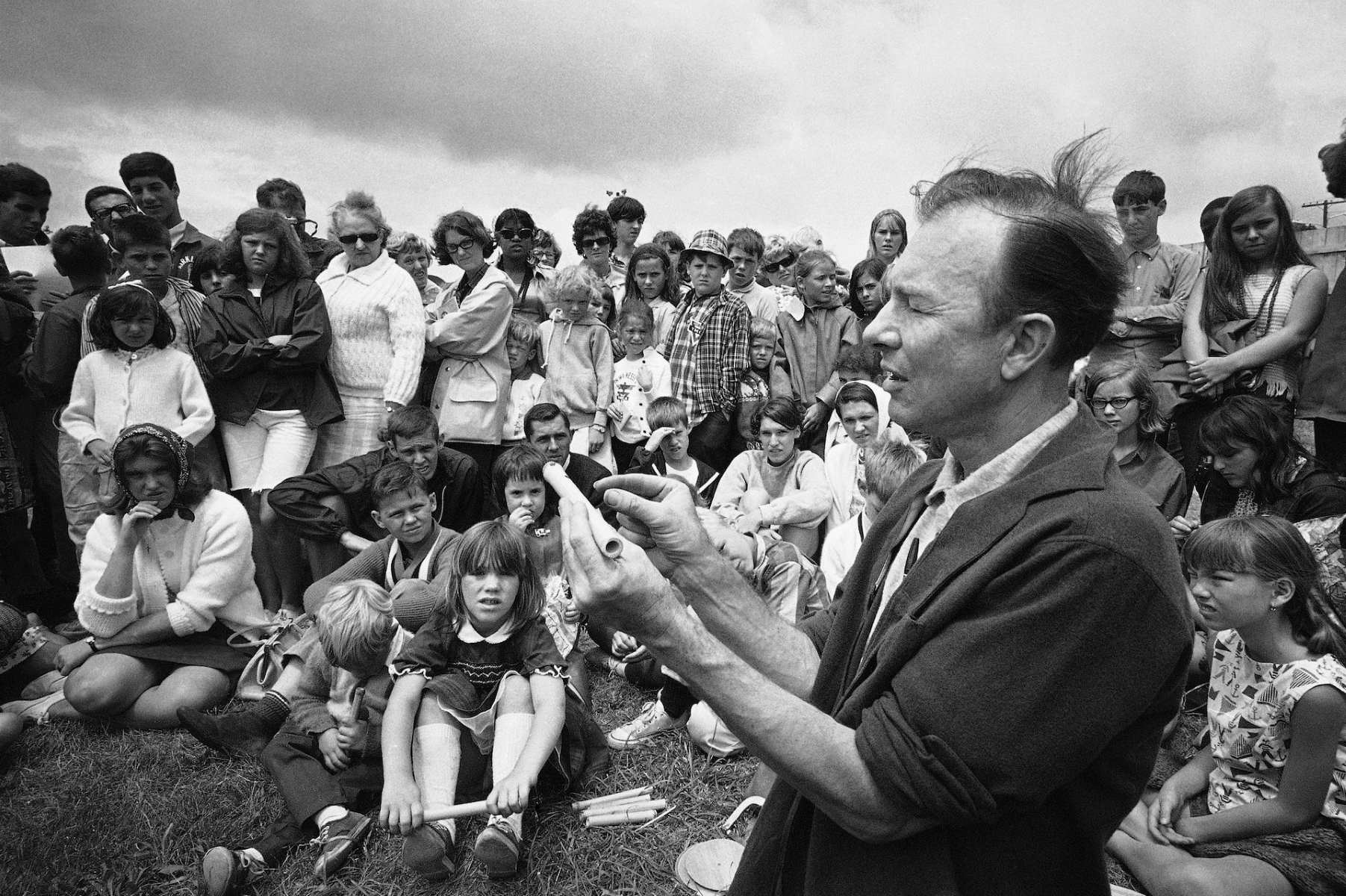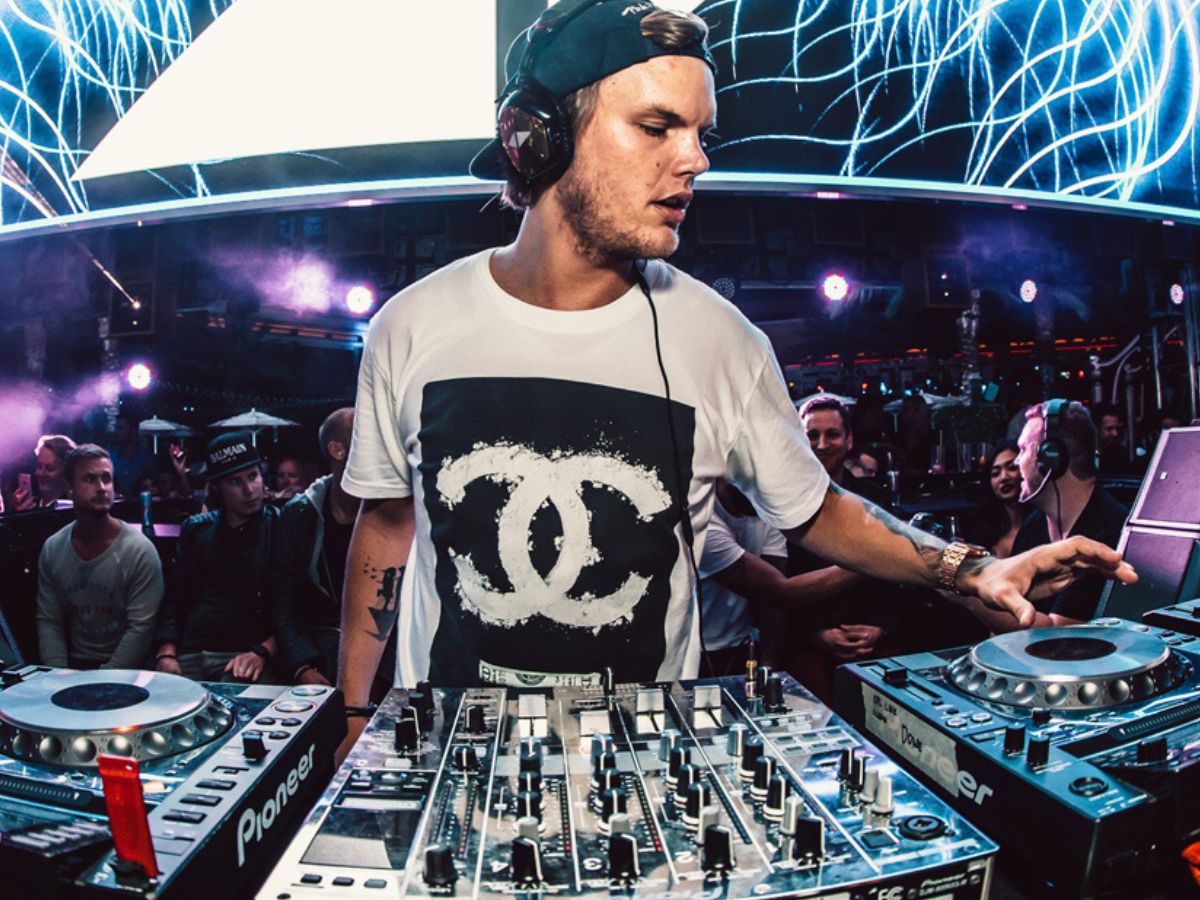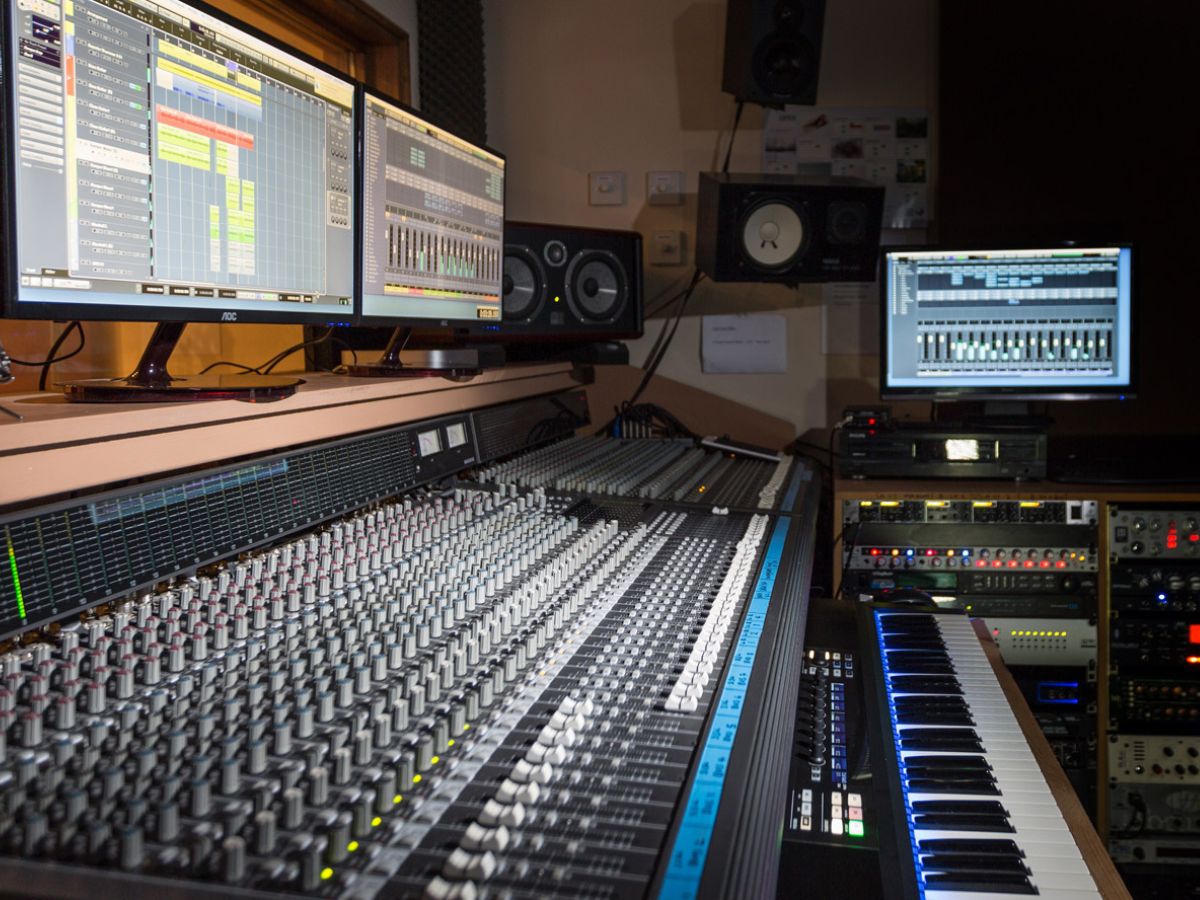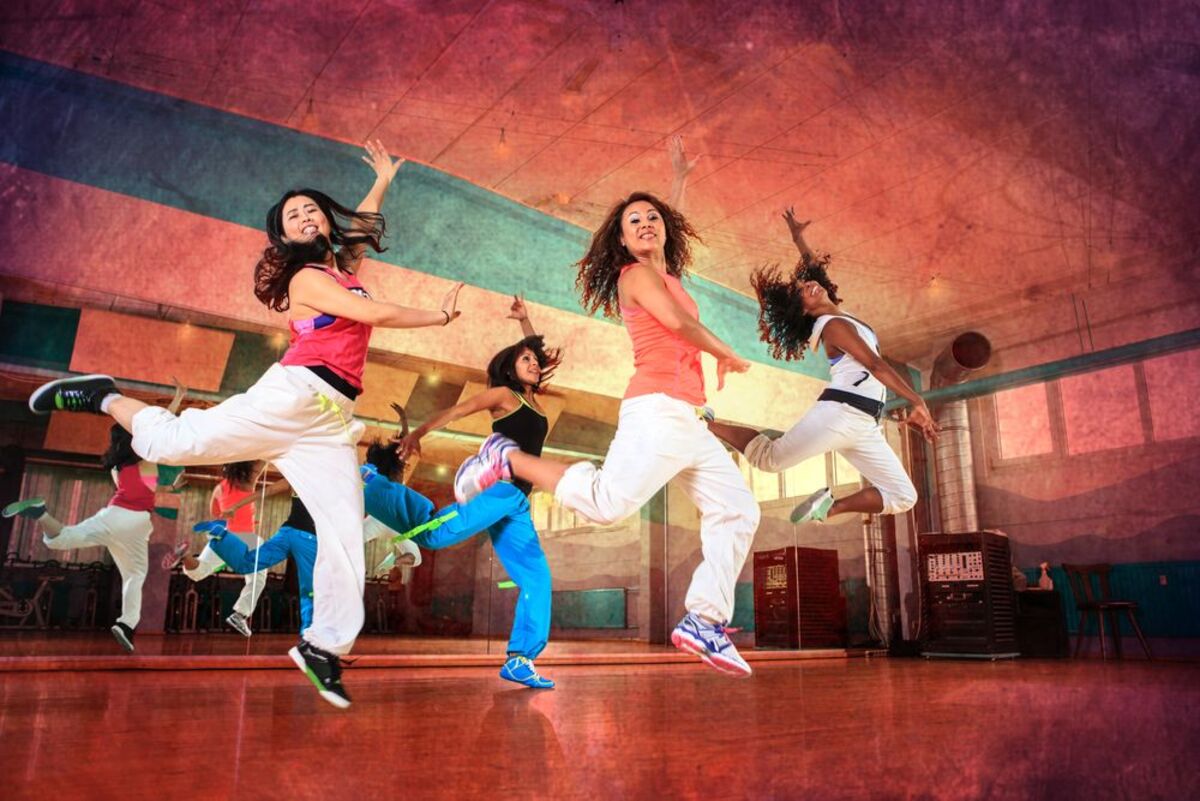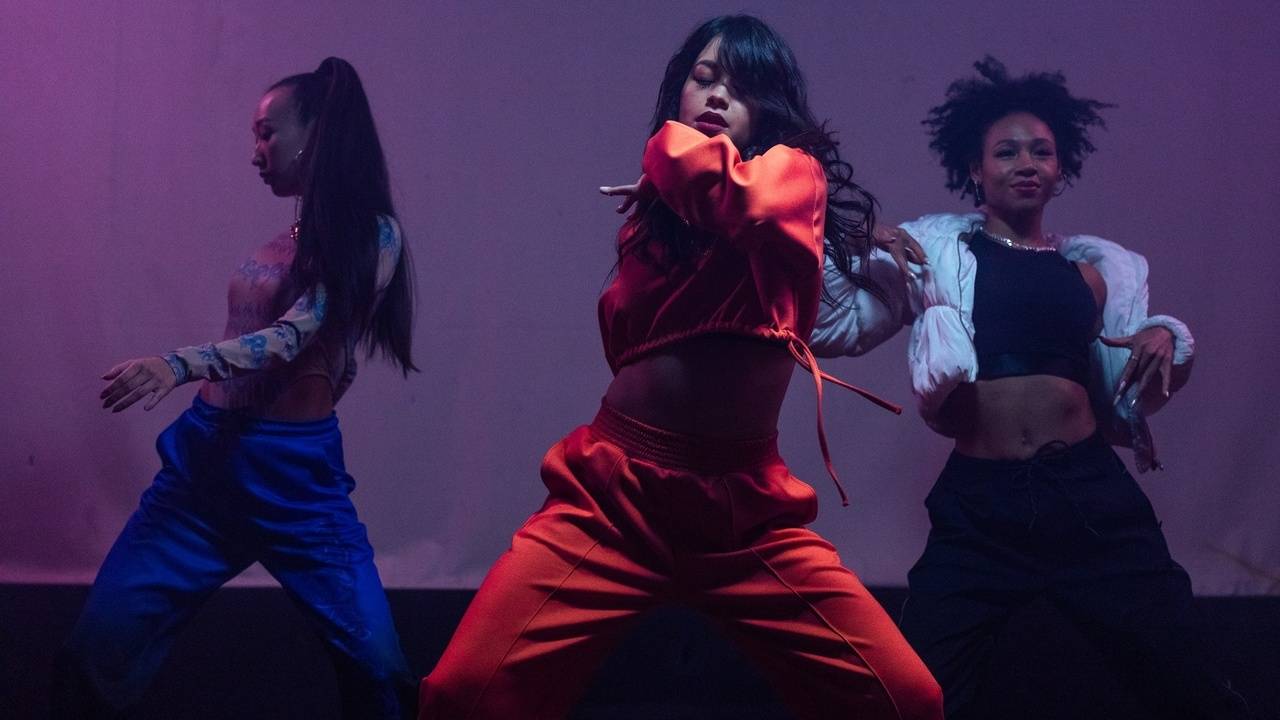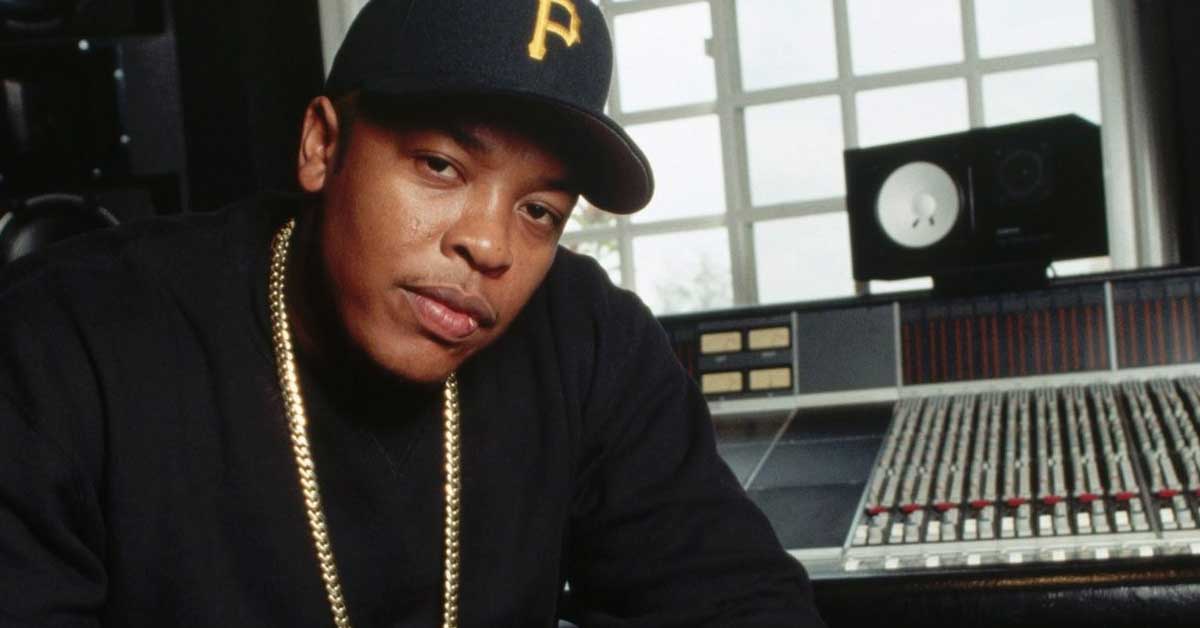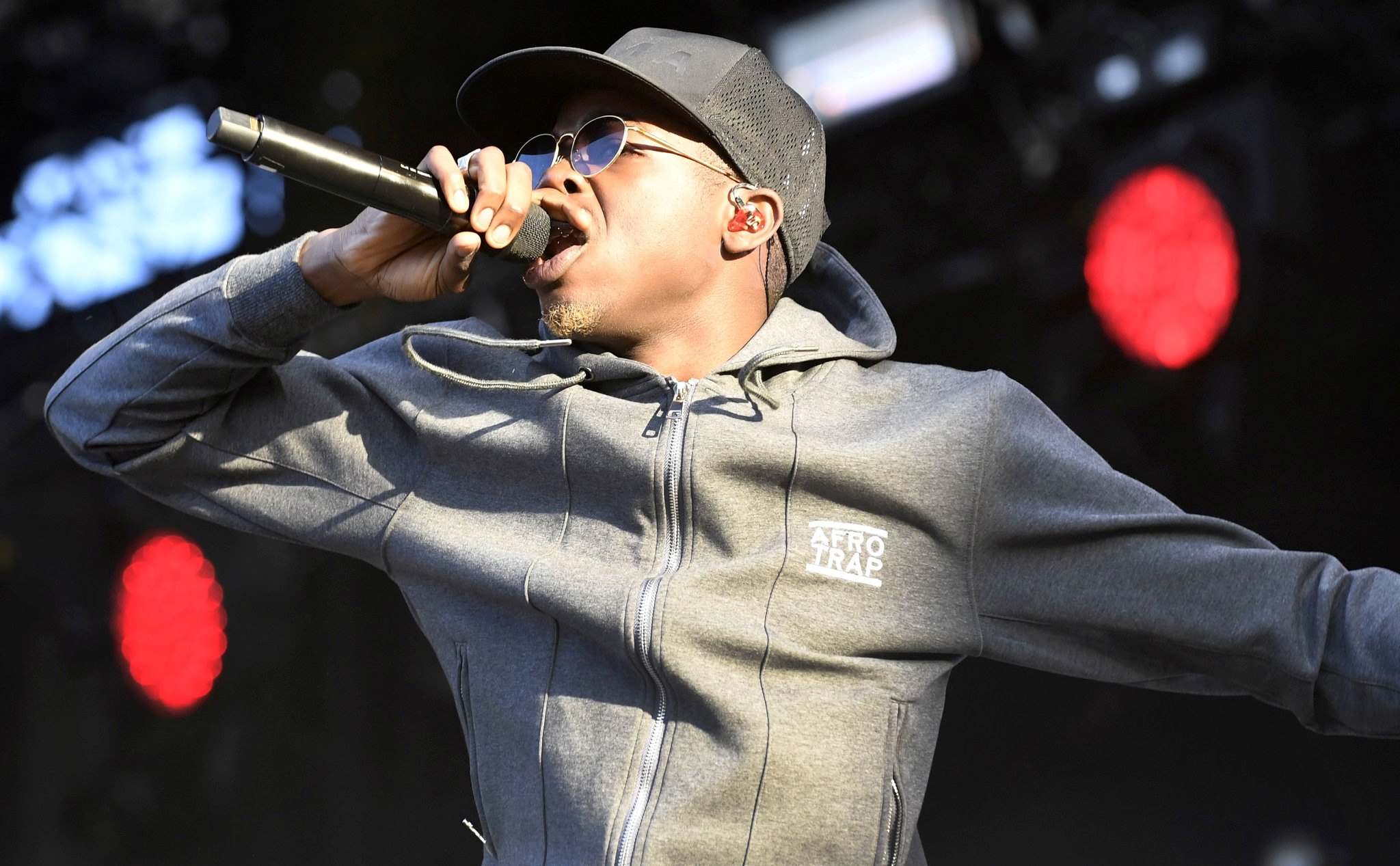

Reggae
How Did Reggae Influence Hip Hop
Modified: January 22, 2024
Discover the powerful influence of reggae on the evolution of hip hop. Explore how this vibrant Jamaican genre helped shape the sound, style, and cultural movements within the hip hop community.
(Many of the links in this article redirect to a specific reviewed product. Your purchase of these products through affiliate links helps to generate commission for AudioLover.com, at no extra cost. Learn more)
Table of Contents
Introduction
Reggae and hip hop are two influential genres of music that have had a significant impact on popular culture. While they may seem distinct and separate, the truth is that reggae has played a vital role in shaping hip hop as we know it today. From the musical elements to the cultural themes, reggae’s influence on hip hop is undeniable.
Reggae music originated in Jamaica in the late 1960s and is characterized by its heavy basslines, offbeat rhythms, and socially conscious lyrics. It emerged as a voice for the Jamaican people, reflecting their struggles, hopes, and experiences. Reggae artists like Bob Marley, Peter Tosh, and Burning Spear became iconic figures, spreading their messages of love, unity, and social justice.
Hip hop, on the other hand, emerged in the Bronx, New York City, in the 1970s. It was born out of block parties and neighborhood gatherings, with DJs spinning records and MCs freestyling over the beats. Hip hop quickly became a cultural movement, empowering marginalized communities and giving a voice to those who had been unheard.
While reggae and hip hop originated in different places and times, they share common roots and have influenced each other in numerous ways. In this article, we will explore the deep connection between reggae and hip hop, examining how reggae’s musical characteristics, social and political themes, and collaborations have shaped the evolution of hip hop as a genre and a culture.
Now, let’s dive into the origins of reggae and hip hop to gain a better understanding of their cultural significance and how they became intertwined.
Origins of Reggae
Reggae music has its roots in the vibrant musical landscape of Jamaica in the 1960s. It emerged as a distinctive genre that combined elements of ska, rocksteady, and traditional Jamaican folk music. The political and social climate of the time greatly influenced the creation of reggae as artists sought to address the issues faced by the Jamaican people.
One of the key figures in the development of reggae was Bob Marley, whose music and message had a profound impact on the genre and popularized it globally. Marley’s songs, such as “One Love” and “Get Up, Stand Up,” reflected the struggles of the Jamaican people and called for unity and social justice.
In addition to Bob Marley, other notable reggae artists who contributed to the genre’s origins include Peter Tosh, Jimmy Cliff, and Toots and the Maytals. These artists infused their music with themes of love, spirituality, and resistance, creating a sound that resonated with audiences around the world.
Reggae music is characterized by its distinctive rhythmic patterns, known as the “one drop” rhythm, which features a strong emphasis on the second and fourth beats. The bassline, often played by a deep-toned electric bass guitar, is a prominent element in reggae and gives the music its infectious groove.
Instrumentally, reggae incorporates elements of both traditional African and Caribbean music, with the use of drums, percussion, brass instruments, and guitar. The inclusion of offbeat guitar accents, known as “skanking,” and the use of keyboards and horns further enhance the rich and layered sound of reggae.
Lyrically, reggae songs often address social and political issues, such as poverty, injustice, and inequality. The lyrics are often delivered in a melodic and heartfelt manner, with the artists using their platform to express their views and call for change.
The popularity of reggae grew rapidly in the 1970s and beyond, thanks to the international success of Bob Marley and other reggae artists. Reggae music became a voice for marginalized communities all over the world and resonated with people seeking a message of unity, love, and resistance.
Now, let’s explore the origins of hip hop and how reggae’s influence shaped its evolution.
Origins of Hip Hop
Hip hop is a cultural movement that originated in the 1970s in the South Bronx, New York City. It emerged as a creative expression for African American and Latinx communities who were facing socioeconomic challenges and systemic inequality.
The four key elements of hip hop are DJing, MCing (rap), breakdancing, and graffiti writing. These elements came together in block parties and community gatherings, where DJs played records, MCs freestyled over the beats, and dancers showcased their moves.
The DJs played a crucial role in hip hop’s inception by utilizing turntables to create innovative sounds. They would mix and blend different records, manipulating the beats and breaks to keep the crowd engaged and energized. This technique, known as “sampling,” became a fundamental aspect of hip hop production.
MCing, or rapping, involves flowing words and phrases in rhythm over a beat. Initially, it served as a way to hype up the crowd and introduce the DJ, but it soon evolved into a form of social commentary. MCs would tell stories, share experiences, and address pressing issues in their communities through their lyrics.
Breakdancing, also known as b-boying/b-girling, is a dynamic style of street dance that incorporates acrobatic moves, intricate footwork, and body coordination. It became a powerful form of self-expression and a way for individuals to showcase their athleticism and creativity.
Graffiti writing, the visual element of hip hop culture, involved tagging public spaces with stylized lettering and artwork. It served as a form of artistic expression, allowing individuals to leave their mark and communicate messages to their communities.
As hip hop gained traction in the Bronx, it spread rapidly across New York City and eventually reached other parts of the United States and the world. It became a cultural movement that empowered marginalized communities by providing a platform to express themselves and raise awareness about their lived experiences.
Now, let’s explore how the roots of reggae intertwined with the origins of hip hop and influenced its development.
The Roots of Reggae in Hip Hop
The connection between reggae and hip hop runs deep, with the roots of reggae having a profound influence on the early development of hip hop. As hip hop emerged in the Bronx, its pioneers drew inspiration from the sounds and messages of reggae music.
Reggae’s rhythmic patterns, characterized by the offbeat accents and bass-heavy groove, were incorporated into hip hop beats. DJs and producers began to sample reggae records, taking snippets of drum breaks, basslines, and vocal hooks, and incorporating them into their own tracks. These reggae-infused beats became the foundation of many early hip hop songs.
Reggae’s lyrical themes and social consciousness also resonated with early hip hop artists. Just as reggae artists used their music to address inequality, oppression, and social issues, early hip hop MCs used their rhymes to express the realities of their communities. They drew inspiration from the messages of unity and resistance found in reggae lyrics, creating a parallel between the two genres.
The influence of reggae on hip hop can also be seen in the vocal delivery and style of MCs. Reggae’s melodic and rhythmic flow heavily influenced the cadence and delivery of early hip hop MCs. They incorporated the smoothness and musicality of reggae into their own rap performances, creating a unique fusion of styles.
Additionally, reggae’s emphasis on “toasting,” a style of rhythmic chanting and vocalizing over a beat, served as a foundation for rap battles and freestyling in hip hop. The back-and-forth exchange of lyrical prowess between MCs, known as “clashing” in reggae, became a signature element in hip hop culture.
As hip hop grew in popularity, the influence of reggae continued to be felt. Reggae artists, such as Yellowman and Shabba Ranks, collaborated with hip hop artists, bringing their distinctive sound and style to the mix. The cross-pollination of these genres further solidified the connection between reggae and hip hop.
Overall, the roots of reggae in hip hop are evident not only in the musical elements but also in the cultural ethos of both genres. The themes of social consciousness, resistance, and empowerment that define reggae found a home in hip hop, allowing for the expression and representation of marginalized communities.
Next, we will delve into the musical characteristics of reggae that have greatly influenced hip hop.
Musical Characteristics of Reggae Influencing Hip Hop
The musical characteristics of reggae have had a profound impact on the evolution of hip hop. The distinctive rhythms, basslines, and instrumentation found in reggae have influenced the production and sound of hip hop music.
One of the key musical elements of reggae is the use of the “one drop” rhythm, where the emphasis is placed on the second and fourth beats of each measure. This rhythm creates a laid-back and infectious groove that has been incorporated into countless hip hop tracks. From classic songs like The Fugees’ “Ready or Not” to modern hits like Drake’s “One Dance,” the influence of reggae’s rhythmic patterns is clearly evident.
Reggae is also known for its heavy basslines, which add depth and drive to the music. The deep, rumbling bass of reggae has become a staple of hip hop production, providing a solid foundation for the beats. Hip hop producers often incorporate sampled or synthesized basslines reminiscent of reggae, creating a rich and powerful low end in their tracks.
Instrumentally, reggae features a wide range of traditional African and Caribbean instruments, such as drums, percussion, guitar, keyboards, and horns. These instruments create a layered and textured sound that has greatly influenced hip hop production. Producers often sample or incorporate live instrumentation in their beats, adding a unique flavor and depth to the music.
Another significant influence of reggae on hip hop is the use of “skanking,” a guitar technique that adds offbeat accents to the rhythm. This technique creates a syncopated feel and adds a sense of groove and rhythm to the music. Hip hop producers and guitarists have drawn inspiration from this technique, incorporating skanking patterns into their tracks to create a reggae-infused sound.
Reggae’s use of keyboards and horns has also left its mark on hip hop. The incorporation of these elements adds a melodic and uplifting quality to the music. Hip hop tracks often feature samples or live recordings of keyboards and horns, bringing a vibrant and soulful sound that can be traced back to reggae’s influence.
In addition to the musical characteristics, reggae’s focus on improvisation and live performance has influenced hip hop’s approach to creating music. This can be seen in the freestyle aspect of hip hop, where MCs and DJs showcase their improvisational skills over beats. Reggae’s emphasis on live performances and the spontaneous energy it brings has been adopted and celebrated in hip hop culture.
Overall, the musical characteristics of reggae, including the rhythmic patterns, basslines, instrumentation, and improvisational nature, have greatly influenced the sound and production techniques of hip hop. The fusion of these elements has led to the creation of countless iconic tracks and albums, bridging the gap between the two genres.
Next, we will explore how reggae and hip hop artists have collaborated and sampled each other’s work through the years.
Social and Political Themes
Both reggae and hip hop have been vehicles for expressing social and political themes, giving a voice to marginalized communities and shedding light on societal issues. The lyrics of these genres often tackle topics such as poverty, racial inequality, police brutality, and systemic oppression.
Reggae music, rooted in Jamaica’s history of colonization and social injustices, has long been associated with messages of resistance and empowerment. Artists like Bob Marley, Peter Tosh, and Burning Spear used their music to address issues such as poverty, political corruption, and the struggle for freedom and equality. Songs like Marley’s “Get Up, Stand Up” and Tosh’s “Equal Rights” became anthems for social change.
In a similar vein, hip hop emerged as a form of expression for communities facing socioeconomic challenges and systemic racism. Early hip hop artists, like Grandmaster Flash and the Furious Five, highlighted issues such as poverty and social inequality in their lyrics. The iconic song “The Message” depicted the harsh realities of inner-city life and influenced future generations of hip hop artists to address social issues in their music.
Both genres have also tackled racial discrimination and the fight against racial injustice. Reggae artists like Bob Marley and Jimmy Cliff celebrated African heritage and called for unity among people of African descent. Hip hop artists such as Public Enemy and N.W.A. used their music to tackle police brutality, racial profiling, and the ongoing struggle for racial equality.
Furthermore, reggae and hip hop have been platforms for advocating for peace and promoting love and unity. Messages of hope and unity permeate the lyrics of reggae songs, while hip hop artists like Common and Kendrick Lamar have used their music to address social divisions and advocate for peace and understanding.
Through their socially conscious lyrics, reggae and hip hop artists have played a pivotal role in inspiring social change and raising awareness about important issues. They have provided a voice for those who have been marginalized and have used their platforms to challenge the status quo.
It is important to note that while reggae and hip hop share common social and political themes, each genre has its unique cultural context and perspective. Reggae’s focus on resistance and spirituality, influenced by Jamaica’s history, and hip hop’s emphasis on urban realities and the experiences of African American and Latinx communities, each contribute to the rich tapestry of social and political commentary in music.
Now, let’s dive into the world of collaborations and sampling between reggae and hip hop artists, highlighting the cross-pollination of these genres.
Collaborations and Sampling between Reggae and Hip Hop Artists
The connection between reggae and hip hop is not limited to shared themes and influences, but also extends to collaborations and sampling between artists from both genres. Over the years, there have been numerous instances of reggae and hip hop artists joining forces, creating memorable collaborations and incorporating elements of each other’s music into their own work.
One prominent example of collaboration is the partnership between reggae legend Bob Marley and hip hop pioneer Grandmaster Flash. Marley’s iconic song “Could You Be Loved” was remixed by Grandmaster Flash in the 1980s, blending reggae and hip hop elements and introducing Marley’s music to a new generation of hip hop fans.
Additionally, reggae and hip hop artists have frequently sampled each other’s music, using snippets of songs to create new tracks and add layers of musical depth. Hip hop producer DJ Premier, known for his work with Gang Starr, often incorporated samples of reggae records into his beats, infusing them with the reggae’s inherent energy and groove.
Another notable collaboration is the song “Killing Me Softly” by The Fugees, which samples elements from Roberta Flack’s version of the song and includes a reggae-infused rhythm section. The memorable combination of Lauryn Hill’s soulful vocals and Wyclef Jean’s reggae-influenced production created a timeless hit that captivated audiences worldwide.
Reggae artists have also collaborated with hip hop acts, bringing their unique sounds and lyrical style to the mix. For instance, reggae artist Shaggy’s collaboration with rapper Rayvon on the hit song “Angel” blended reggae’s melodic hooks with hip hop’s rhythmic flow, achieving global success and further blurring the lines between the two genres.
Sampling reggae music in hip hop has been a common practice, with artists like Nas, Snoop Dogg, and Wu-Tang Clan incorporating reggae samples into their tracks. These samples not only pay homage to reggae’s influence but also infuse hip hop with the incredible energy and authenticity of reggae music.
Collaborations and sampling between reggae and hip hop artists have not only created exciting and groundbreaking music but have also fostered a sense of unity between the two genres. They serve as a testament to the mutual respect and admiration that exists between reggae and hip hop communities.
As reggae and hip hop continue to evolve, we can expect to see more innovative collaborations and creative sampling that fuse these genres and push boundaries. The exchange of ideas and musical elements between reggae and hip hop artists will undoubtedly lead to new sounds and exciting collaborations in the future.
Finally, let’s explore the influence of reggae on hip hop fashion and culture.
Reggae’s Influence on Hip Hop Fashion and Culture
Reggae’s influence extends beyond just music and has left a lasting impact on hip hop fashion and culture. The vibrant and expressive style of reggae artists has inspired and influenced the fashion choices of hip hop artists and fans alike.
One of the most notable fashion elements borrowed from reggae is the use of vibrant colors and bold patterns. Reggae artists embraced bright and eye-catching colors in their clothing, embracing the spirit of creativity and individuality. Similarly, in hip hop fashion, artists often incorporate colorful and flashy outfits, paying homage to the vibrant reggae aesthetic.
Reggae’s emphasis on cultural heritage and pride has also influenced hip hop fashion. Artists like Bob Marley and Peter Tosh celebrated African heritage by incorporating traditional African garments, such as dashikis and kente cloth, into their attire. This celebration of cultural identity resonated with hip hop artists, who incorporated similar elements into their fashion, showcasing their connection to African and Caribbean roots.
Another significant fashion influence from reggae on hip hop is the adoption of “rasta” style. Rastafarian culture, with its distinctive dreadlocks, red, gold, and green color scheme, and symbolic accessories such as the lion of Judah, influenced the fashion choices of many hip hop artists. The rasta look became synonymous with rebellion, spirituality, and social consciousness.
Moreover, reggae’s influence on hip hop culture is not limited to fashion alone. Reggae’s celebration of community, spirituality, and social justice has had a profound impact on the mindset and values of hip hop artists. Just as reggae artists used their music to advocate for unity and social change, hip hop artists have carried on this legacy by addressing social and political issues in their lyrics and using their platforms to raise awareness.
Reggae and hip hop have also shared a common bond through their dedication to live performances and the energy they bring to the stage. Reggae’s tradition of captivating live shows, with artists engaging their audience through call-and-response chants and dynamic performances, has heavily influenced the energetic and engaging nature of hip hop performances.
Furthermore, reggae’s laid-back and relaxed vibe have influenced the overall attitude and demeanor of hip hop artists. The “irie” (meaning “peaceful” or “in a state of harmony”) mentality of reggae culture has been embraced by hip hop, promoting a sense of calmness and positivity in the face of adversity.
In summary, reggae’s influence on hip hop extends beyond just the musical sphere. From fashion choices to cultural values, reggae has played a significant role in shaping the fashion and mindset of hip hop artists and fans. The vibrant colors, celebration of cultural heritage, and commitment to social and political issues have created a powerful connection between these two influential genres.
Finally, let’s conclude our exploration of the relationship between reggae and hip hop.
Conclusion
The connection between reggae and hip hop runs deep, with reggae serving as a foundational influence on the evolution of hip hop. From their shared themes of social and political consciousness to the musical elements and cultural values they embody, reggae and hip hop have had a profound impact on each other’s development.
Reggae’s origins in Jamaica, rooted in the struggle for freedom and social justice, provided the foundation for artists like Bob Marley and Peter Tosh to spread their messages of love, unity, and resistance. These messages resonated with hip hop artists who, facing similar challenges, embraced reggae’s themes of empowerment and social change.
The musical characteristics of reggae, such as its rhythmic patterns, basslines, and instrumentation, have greatly influenced the sound and production techniques of hip hop. The incorporation of reggae elements, whether through collaborations or sampling, has resulted in unique and memorable tracks that bridge the gap between the two genres.
Moreover, reggae’s influence extends beyond music, permeating hip hop fashion and culture. The vibrant colors, cultural symbols, and celebration of heritage found in reggae fashion have had a lasting impact on the fashion choices of hip hop artists. The commitment to self-expression, cultural pride, and social consciousness has become an integral part of hip hop’s identity.
Both reggae and hip hop serve as platforms for amplifying the voices of marginalized communities, addressing social and political issues, and promoting unity and empowerment. Through their music, reggae and hip hop artists have inspired social change, challenged societal norms, and created a sense of belonging for their audiences.
The relationship between reggae and hip hop is a testament to the power of music to transcend boundaries and bring people together. It is a reminder of the shared struggles and experiences that connect us as human beings.
In conclusion, reggae’s influence on hip hop is undeniable. The fusion of reggae’s musical elements, social and political messages, and cultural values with hip hop’s creativity and innovation has given rise to a diverse and dynamic cultural movement. As these genres continue to evolve, their connection will undoubtedly remain strong, inspiring future artists and shaping the landscape of popular music.

